Sarah Friedrich
On the role of benchmarking data sets and simulations in method comparison studies
Aug 02, 2022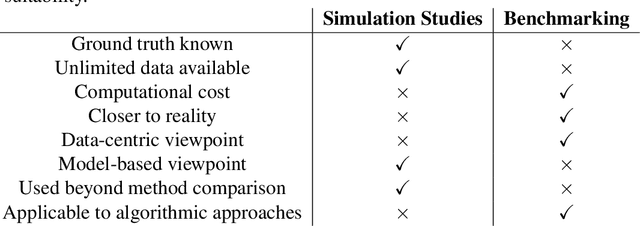
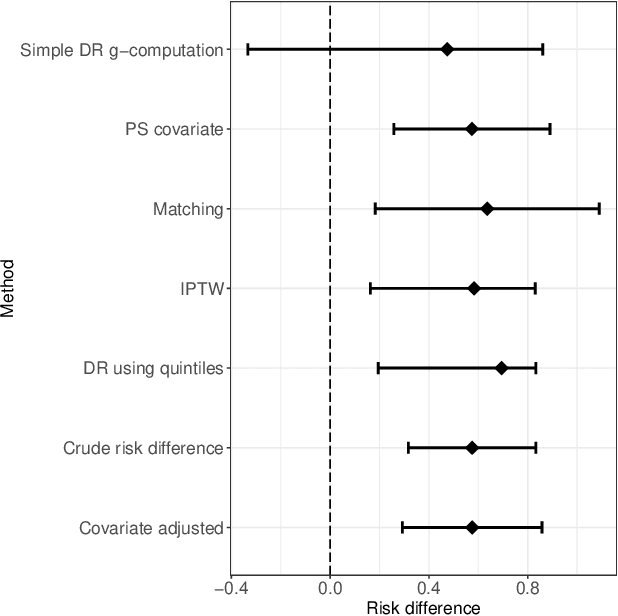

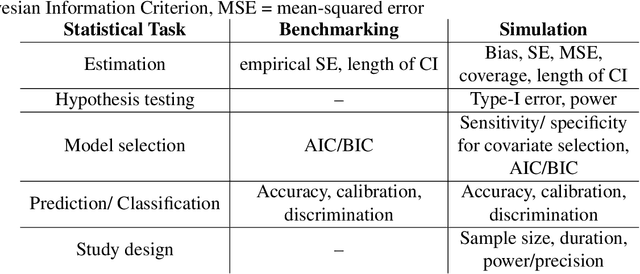
Abstract:Method comparisons are essential to provide recommendations and guidance for applied researchers, who often have to choose from a plethora of available approaches. While many comparisons exist in the literature, these are often not neutral but favour a novel method. Apart from the choice of design and a proper reporting of the findings, there are different approaches concerning the underlying data for such method comparison studies. Most manuscripts on statistical methodology rely on simulation studies and provide a single real-world data set as an example to motivate and illustrate the methodology investigated. In the context of supervised learning, in contrast, methods are often evaluated using so-called benchmarking data sets, i.e. real-world data that serve as gold standard in the community. Simulation studies, on the other hand, are much less common in this context. The aim of this paper is to investigate differences and similarities between these approaches, to discuss their advantages and disadvantages and ultimately to develop new approaches to the evaluation of methods picking the best of both worlds. To this aim, we borrow ideas from different contexts such as mixed methods research and Clinical Scenario Evaluation.
Is there a role for statistics in artificial intelligence?
Sep 13, 2020
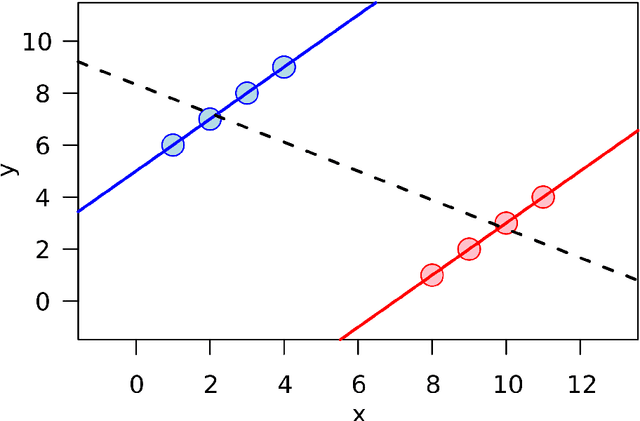

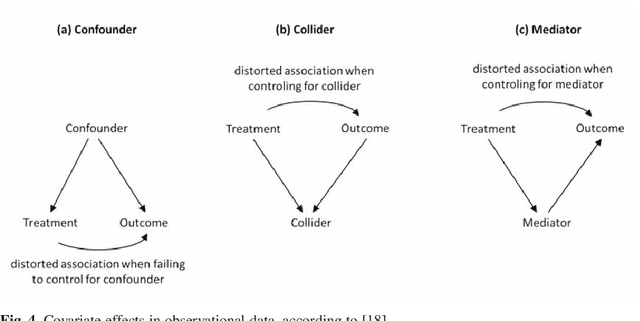
Abstract:The research on and application of artificial intelligence (AI) has triggered a comprehensive scientific, economic, social and political discussion. Here we argue that statistics, as an interdisciplinary scientific field, plays a substantial role both for the theoretical and practical understanding of AI and for its future development. Statistics might even be considered a core element of AI. With its specialist knowledge of data evaluation, starting with the precise formulation of the research question and passing through a study design stage on to analysis and interpretation of the results, statistics is a natural partner for other disciplines in teaching, research and practice. This paper aims at contributing to the current discussion by highlighting the relevance of statistical methodology in the context of AI development. In particular, we discuss contributions of statistics to the field of artificial intelligence concerning methodological development, planning and design of studies, assessment of data quality and data collection, differentiation of causality and associations and assessment of uncertainty in results. Moreover, the paper also deals with the equally necessary and meaningful extension of curricula in schools and universities.
 Add to Chrome
Add to Chrome Add to Firefox
Add to Firefox Add to Edge
Add to Edge